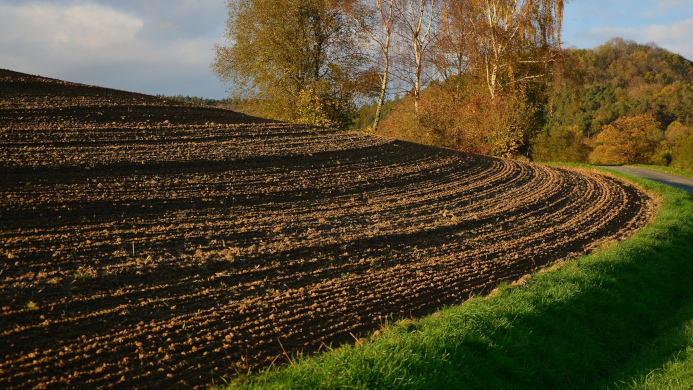
The annual Showcase for Undergraduate Research and Creative Activities (SURCA) provides the unique single venue for undergraduate students from all years in college, majors, and campuses to disseminate the results of their mentored research, scholarship, and creative activity.
Through this one-afternoon venue, students are able to demonstrate to the university community and our guests how the results of their work make an original intellectual or creative contribution to a discipline. In addition to gaining from the experience of presenting publicly (disseminating their work), student presenters at SURCA are eligible for awards.
What Is SURCA?
SURCA is the component of WSU Showcase that honors the contributions of undergraduate students to the scholarly endeavors of Washington State University. WSU undergraduates are regularly conducting research, pursuing scholarship, and/or engaging in creative activities in partnership with a mentor. Through presentations at SURCA, it is evident that students’ efforts make original intellectual or creative contributions to a discipline.
SURCA showcases undergraduate presenters who are in the early stages of their research as well as those who are more experienced. The Novice, Early Career, Crimson, and Gray awards provide students with all levels of experience an opportunity to get awards for top presentations. Awards are made in nine presentation categories, which are mainly divided by disciplines.
Who Is Invited to SURCA?
Our student presenters, of course. Faculty, staff, post docs, post-candidacy doctoral students, and experts from the community are invited to be SURCA judges. Everyone on and off campus is invited to attend the event and learn about the work of the next generation of experts. Students in courses attend the event; their faculty often include SURCA as part of the class learning requirements.
Who Organizes SURCA?
SURCA is hosted by the Office of Undergraduate Research, part of the Division of Academic Engagement and Student Achievement in the Office of the Provost and Executive Vice President and WSU Pullman Chancellor. A SURCA Committee, made up of faculty and staff from many fields, provides input and guidance to make SURCA the best event possible every year.
History of SURCA
Its Name and Origins
Since the beginning of Washington State College more than a century ago, undergraduates have been critical to the success and growth of the university. As the state’s land-grant college, research has long been a primary pursuit of the institution.
SURCA is part of WSU Showcase, which includes a number of events such as the Academic Showcase poster exhibit for faculty, staff, and graduate and professional students; the Distinguished Faculty Address; and the Celebrating Excellence Banquet.

Benefits of Research and SURCA
To Students
- Knowledge and hands-on, “high-impact” learning experiences
- Confidence in one’s discipline
- An understanding of how research fits into the larger picture
- Professional experience with a mentor (very often a faculty member)
- Understanding of how to apply theory learned in the classroom to a real-world problem
- Sharpened skills in critical thinking and communication
- Confidence built by organizing, detailing, and presenting their work publicly–that is, disseminating it
- Feedback received from knowledgeable judges and guest experts about their work and how well they explain it
- Chance to learn about the work being done by peers across the university
- Opportunity to receive awards
To Employers
Students gain many workplace skills through undergraduate research and SURCA participation:
- Critical and creative thinking
- Communication (written and oral)
- Quantitative reasoning
- Scientific literacy
- Integration of learning
- Professional development
- Team and leadership experience
- Big-picture thinking
- Risk taking